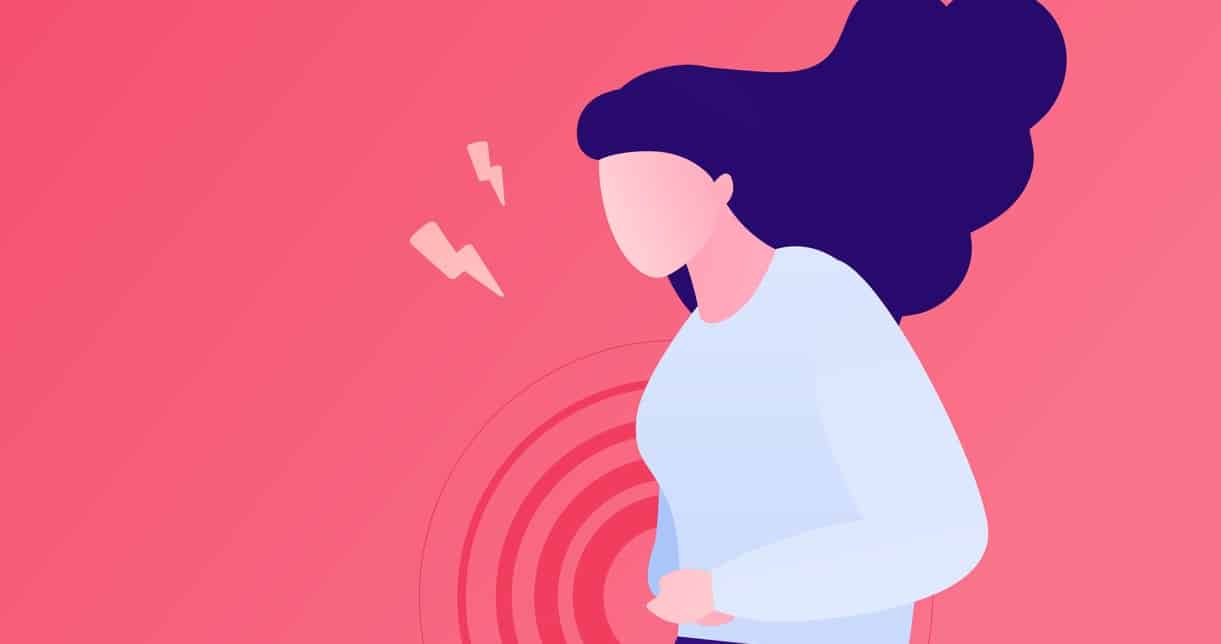Did You Unknowingly Consent to Damaged Health?
Do you recall the first time your doctor told you that you needed to take long-term prescription drugs (for blood pressure, cholesterol, blood sugar, depression, etc.)?
Your doctor/nurse practitioner was probably reassuring: “I’m writing you a prescription to keep your blood pressure (cholesterol/blood sugar/thyroid/depression/sleep/etc.) under control.”
Did you accept this, or did you have doubts?
Did you feel that long-term drugs were inevitable, or were you upset that your health had fallen to this? Did you wish for some other solution than drugs but have no idea what to do?
Your Prescription May Be Inadequate
Most people taking medication for long-term health problems experience symptoms that are not improved by these drugs. Many of these drugs also have side effects that can add to these symptoms.
These symptoms (fatigue, anxiety, digestive, hormonal, pain, etc.) may negatively affect your life. You might worry that your health will get worse or that you’ll have a health catastrophe in the future. You may be aware that your productivity and happiness are taking a hit from your symptoms and health problems.
Your prescriptions may be protecting you from some serious consequences of your condition but may not be effective with the concerns and symptoms that affect your day-to-day life.
Your Prescription May Be Causing New Health Problems
Many medications affect your nutrition:
- The medication can attach itself to a nutrient and pass it out of the body
- The medication can alter the pH in the gut so that the nutrient can’t be adequately absorbed
- Some medications need specific nutrients for them to be able to work and may cause deficiencies.
See below for more information: “Blood Pressure Medications and Nutrient Deficiencies.”
The Failure of Conventional Medicine
The philosophy of using pharmaceuticals for any and every health problem has resulted in a society where 60% of all adults have unresolved, long-term health conditions (per the CDC).
What I’m complaining about here is simple: This philosophy and the practice of a drug for every ill doesn’t work.
You CAN Be Happy and Healthy
What’s needed is a different approach to health care that addresses improving health instead of suppressing symptoms.
It was my own frightening health experience that inspired my clinic. I understand, personally, how it feels to have a health problem with no solution.
For 28 years and 10,000 patients, I have pioneered an approach to health care that has successfully changed the lives of myself and my patients.
Here’s a short video explaining how this works:
Subscribe Now! Get More Health Info
Blood Pressure Medications and Nutrient Deficiencies
Ronald Grisanti D.C., D.A.B.C.O., DACBN, MS, CFMP
I first want to give you a brief overview on how medications impact important nutrients.
HOW MEDICATIONS AFFECT NUTRIENTS
The following are a few ways that blood pressure medications can affect how our bodies absorb essential nutrients.
- The medication can attach itself to a nutrient and pass it out of the body
- The medication can alter the pH in the gut so that the nutrient can’t be properly absorbed
- Some medications need specific nutrients in order for them to be able to work.
The Following are Blood Pressure Medications, Nutrients Commonly Depleted and the Negative Impact of the Deficient Nutrients
ACE INHIBITORS
Angiotensin converting enzyme inhibitors (ACE Inhibitors) are one of the most commonly used families of blood pressure medicines. Examples include; ramipril, enalapril, lisinopril, quinapril, fosinopril, trandolapril and captopril.
Nutrients that can be depleted by these medicines are zinc, magnesium, potassium and calcium.
Deficiencies in these nutrients can cause hair loss, slow healing of wounds, loss of taste or smell, prostate problems, loss of sex drive, frequent infections, leg cramps, weight gain, bone loss, high blood pressure, higher risk of cancer
CALCIUM CHANNEL BLOCKERS
Another commonly used family of blood pressure medicines. Examples include; amlodipine, nifedipine, felodipine, diltiazem and verapamil.
Nutrients that can be depleted by these medicines are potassium, calcium, vitamin D and possibly Co-Enzyme Q10.
Symptoms that can occur due to deficiencies in these nutrients are fatigue, leg cramps, frequent infections, thirst, muscle weakness, bone loss, confusion, high blood pressure, confusion, heart disease and rapid or irregular heartbeat.
BETA BLOCKERS
Examples of beta blockers include; atenolol, metoprolol, sotalol and bisoprolol.
Beta blockers can deplete the body of Co-Enzyme Q10 and melatonin.
Symptoms that can occur due to deficiencies in these nutrients are insomnia, disrupted sleep, increased risk of cancer, autoimmune disorders, muscle cramps, memory loss.
CENTRALLY ACTING BLOOD PRESSURE MEDICATIONS
Clonidine and methyldopa are examples of this.
These blood pressure medications can deplete Co-Enzyme Q10.
Depletion of Co-Enzyme Q10 can result in fatigue, weakness, muscle and leg cramps, memory loss, frequent infection, liver damage, higher risk of heart attack, higher risk of cancer.
Conclusion
The above blood pressure medications may in fact cause nutrient deficiencies making it more important to consider supplementing with these nutrients to decrease the negative symptom consequences
IMPORTANT
Always discuss this important information on blood pressure nutrient deficiencies with your healthcare provider.
Compliments from Functional Medicine University
References:
Pharmavite. Common drug classes, drug-nutrient depletions, & drug-nutrient interactions. www.aafp.org/dam/AAFP/documents/about_us/sponsored_resources/Nature%20Made%20Handout.pdf. Accessed September 20, 2019.
https://www.ncbi.nlm.nih.gov/pmc/articles/PMC5874849/
https://nutritionreview.org/2016/12/practical-guide-avoiding-drug-induced-nutrient-depletion/


Do You Have a Stubborn Health Problem?
I may be able to help you.
Would you please take five minutes to fill out a health assessment survey and send it to me? I’ll review your information, then have my assistant call you for any additional information. Then, I’ll let you know if your case might be a good fit for my clinic. This assessment is complimentary, with no strings attached. Either I can help you–or point you in the right direction to get help.
Don’t give up! You can recover your health if you persist.


